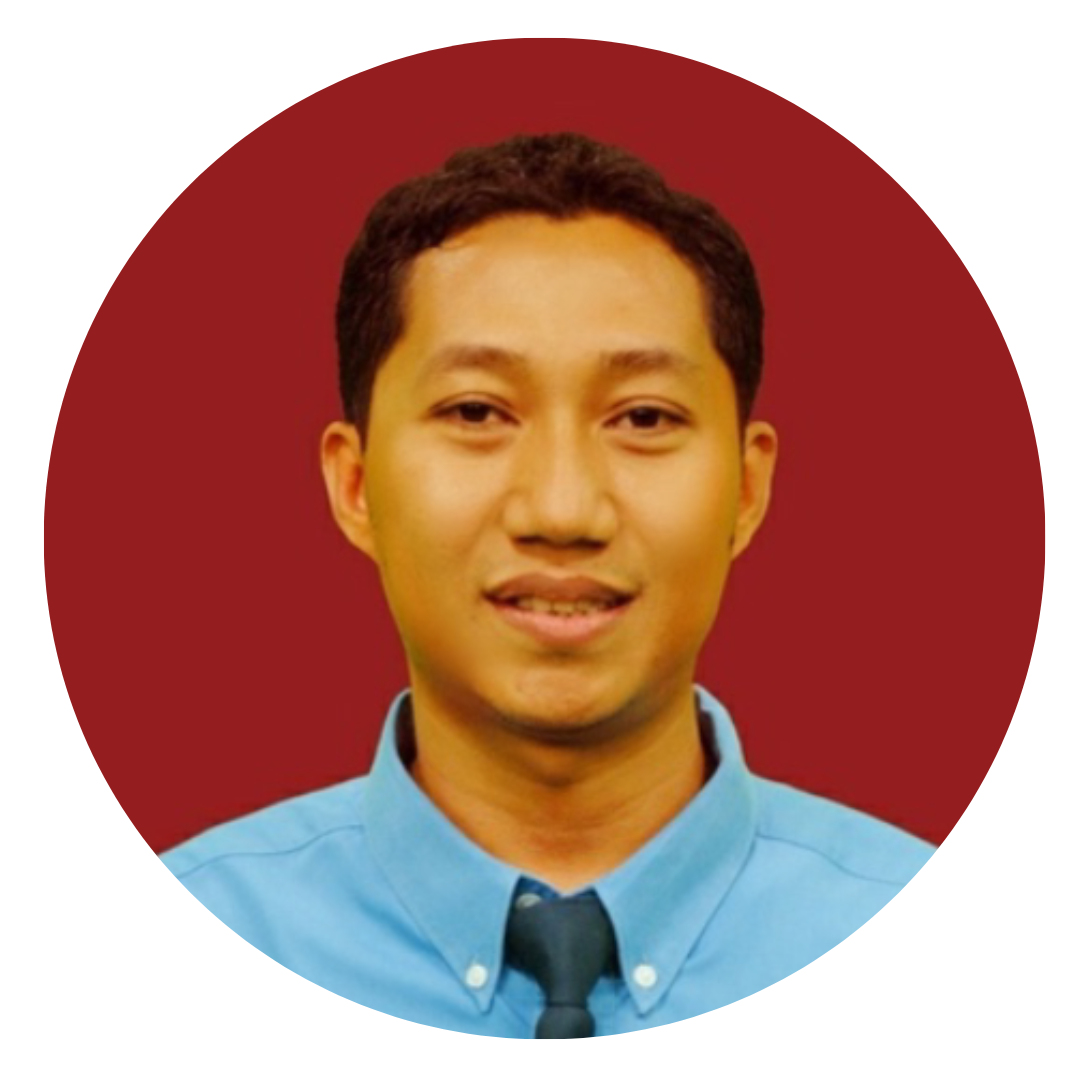第三场演讲主讲人:菲力先生 Mr Feri Ansori

菲力先生 Mr Feri Ansori
Head of Chinese Language and Culture Department, Faculty of Humanities, and Director of the Confucius Institute at Al Azhar University, Indonesia
讲题 Topic
The Role of Confucius Institute in the Belt and Road Initiative:
The Case of Confucius Institute at University of Al Azhar Indonesia
President Xi Jinping delivered an important speech at the Indonesian Parliament in Jakarta, emphasizing the role of Southeast as an important hub of the historic silk road maritime. He therefore proposed to create a marine alliance in an endeavor to construct a maritime silk route for the twenty-first century. Joko Widodo being elected as the President in 2014 with his maritime vision and the maritime fast route program has arisen a new paradigm for the Indonesian government in seeing the 21st Maritime Silk Road which was set by the China either as a challenge, or a potential area. The connectivity in the Belt and Road Initiative is in line with the five pillars set by President Joko Widodo in his global maritime center program. In synergizing the regulation from both governments, people-to-people relationship through social and cultural aspects has become the most important pillar. How the two governments manage the people-to people relationship will determine the result of the partnership. This paper explains the development of Indonesia-China social relationship seen in various activities in the Confucius Institute at University of Al Azhar Indonesia. In addition to language teaching, the institute have been making great endeavors to strengthen cross-cultural communication. The Institute act as go-between in academic and research cooperation among universities of China and Indonesia, and organize various kinds of activities to narrow cultural gap and strengthen economic ties. However, the study found that the Institute maybe able to reduce the negative impressions of some Indonesian, but it is limited to only a few people who are closely involved in the institution.
Keywords: Global maritime center; 21st Maritime Silk Road; Indonesia; China; People-to people














/enri-thumbnails/careeropportunities1f0caf1c-a12d-479c-be7c-3c04e085c617.tmb-mega-menu.jpg?Culture=en&sfvrsn=d7261e3b_1)

/cradle-thumbnails/research-capabilities1516d0ba63aa44f0b4ee77a8c05263b2.tmb-mega-menu.jpg?Culture=en&sfvrsn=1bc94f8_1)
